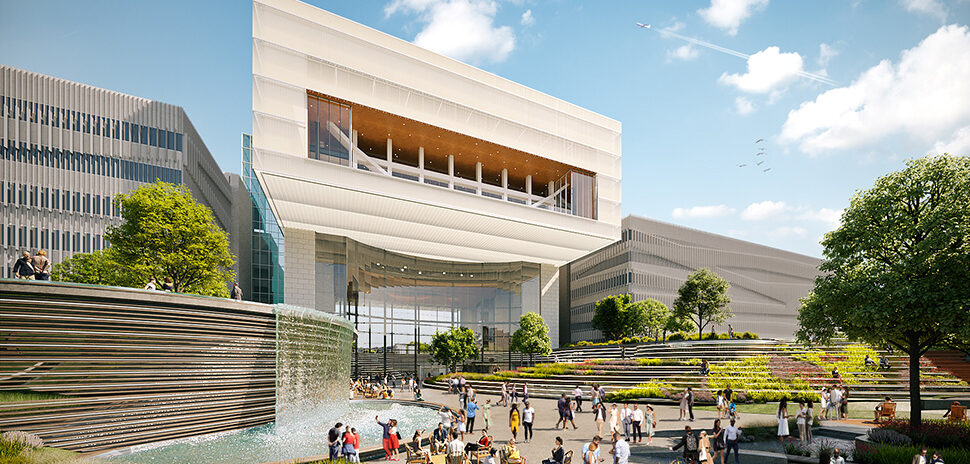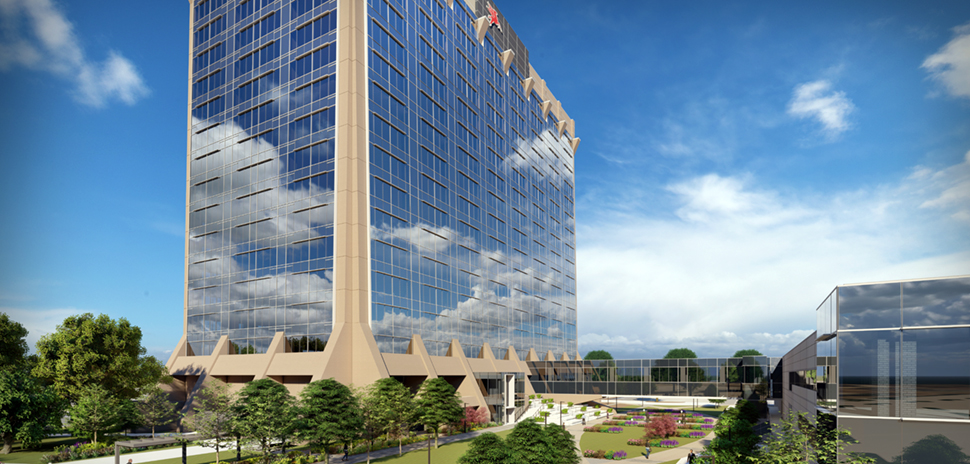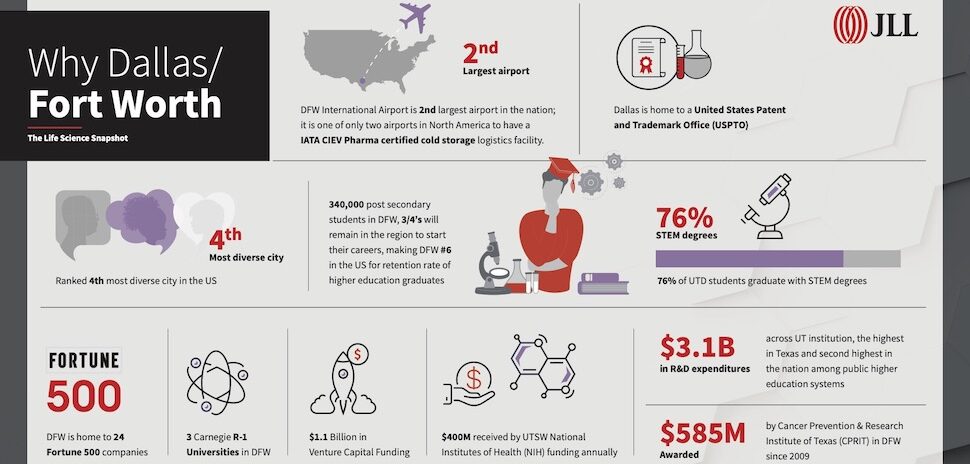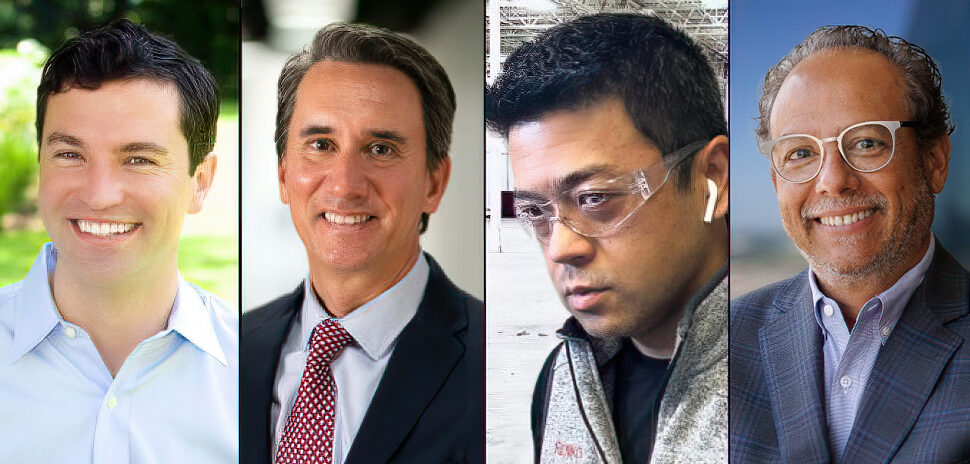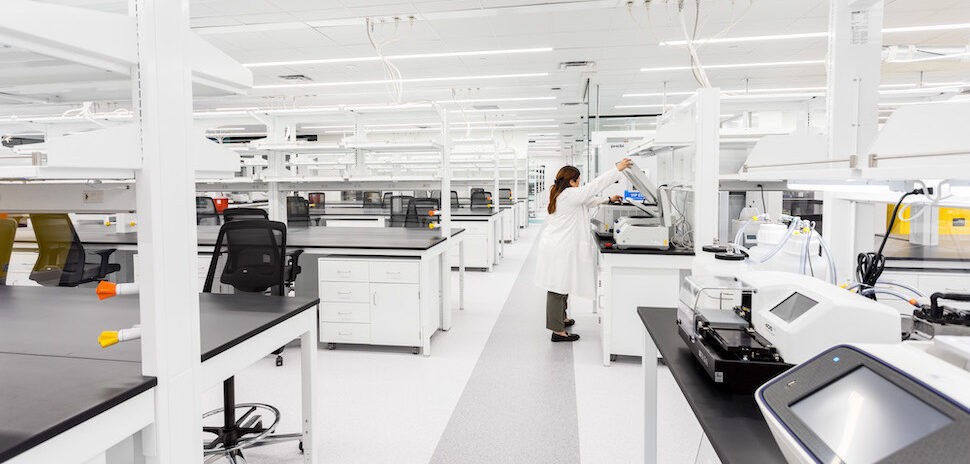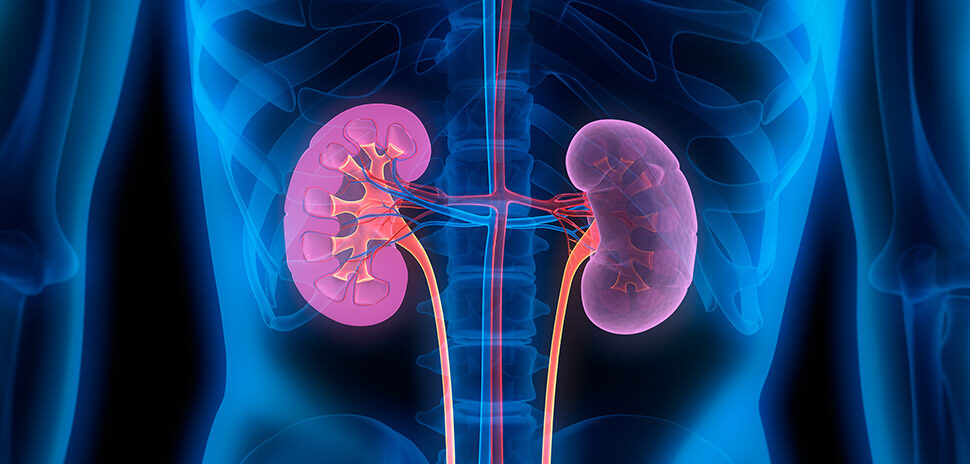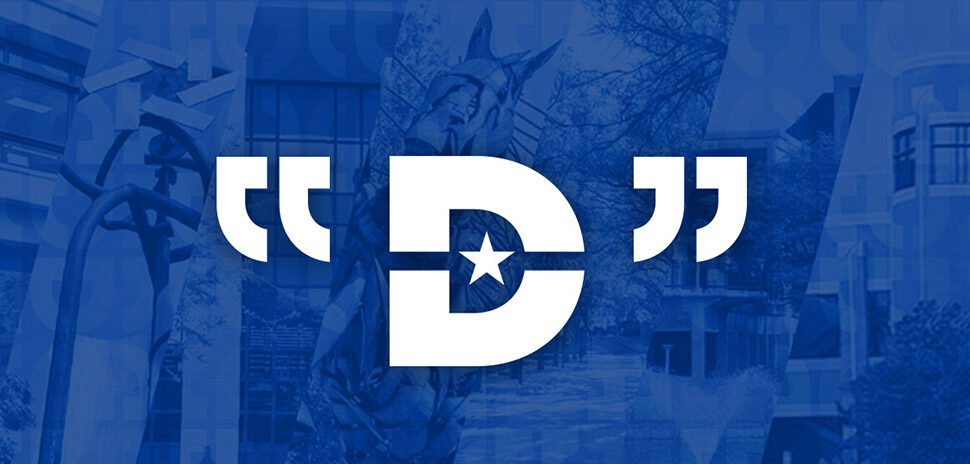The Dallas Regional Chamber this week announced a new campaign to attract life science companies to Dallas-Fort Worth. The campaign is anchored by the launch of a new economic development guide website tailored to the life science industry—lifesciencedfw.com—and the hiring of a new vice president of economic development for life sciences.
The campaign, funded in part by NT Biotech, Inc., an affiliate of Lyda Hill Philanthropies, builds on the momentum the region has had in the growing biotech and life science sectors and leverages the region’s existing competitive advantages in sectors like artificial intelligence, big data, and software development.

Mike Rosa
“With computer science savvy, health systems and health startups, plus a competitive talent pipeline, it isn’t surprising that Dallas-Fort Worth is a place where life science can thrive,” said Mike Rosa, senior vice president, Dallas Regional Chamber. “What we’re seeing now is the cumulative effect of convergence across industries—and that gives DFW an edge.”
According to the DRC estimates, DFW now ranks seventh in the U.S. for life science and biotech jobs (90,000); fourth in the country, but first in the state, for computer, mathematical, and engineering jobs (225,000).
 “The website will be a key tool in recruitment, and the larger marketing effort to demonstrate that when you have expertise in corporate real estate, consistent population growth, and industry diversity in one ecosystem, it creates an energy that’s hard to beat,” Rosa said.
“The website will be a key tool in recruitment, and the larger marketing effort to demonstrate that when you have expertise in corporate real estate, consistent population growth, and industry diversity in one ecosystem, it creates an energy that’s hard to beat,” Rosa said.
More than 220 companies across industries have relocated or expanded in DFW since 2010. Now the DRC is hoping to add more life science companies to that list.

Kelly Cloud
Kelly Cloud, the DRC’s new vice president of economic development, will work to establish relationships with mid- and large-sized life science companies in cities where they’ve traditionally existed and encourage them to relocate or expand here.
DFW already has several Fortune 1000 life science-related headquarters, including McKesson, Kimberly-Clark, Tenet Health, and AMN Healthcare, according to the 2022 Texas Biotech Life Sciences report.
Recent announcements around DFW’s life science growth include:
- Pegasus Park—twenty-three acres of work and research space for microbiologists, entrepreneurs, bioinformaticians, and investors.
- International network Biolabs—a membership-based network of shared lab and office facilities that offers flexible leases for life science startups was one of Pegasus Park’s first tenants. It has space for 130 benches, including wet labs; digital monitoring of incubators; cold storage; and conference space with video capabilities.
- Verily, the life sciences and healthcare-focused subsidiary of Alphabet, opened its first office in Texas at Cypress Waters, near DFW Airport in 2022.
- Just last week, it was announced that a new 135,000-square-foot lab and office building called Bridge Labs would be built adjacent to Biolabs. It’s expected to be completed in the second quarter of 2024.
- In January, multibillion-dollar investment firm NexPoint, announced plans for a proposed 200-acre life sciences development in Plano.
Tech-enabled science has researchers re-imagining how to treat illness or injury, as well as maintain health. It creates cautious optimism for breakthrough solutions. Cancer, neurological disorders, and general wellness are just a few areas that stand to benefit from the Dallas-Fort Worth ecosystem. The Dallas Regional Chamber’s life science website is one more tool for people who are considering relocation, for themselves or their companies.
Voices contributor Nicole Ward is a data journalist at the Dallas Regional Chamber.
![]()
Get on the list.
Dallas Innovates, every day.
Sign up to keep your eye on what’s new and next in Dallas-Fort Worth, every day.










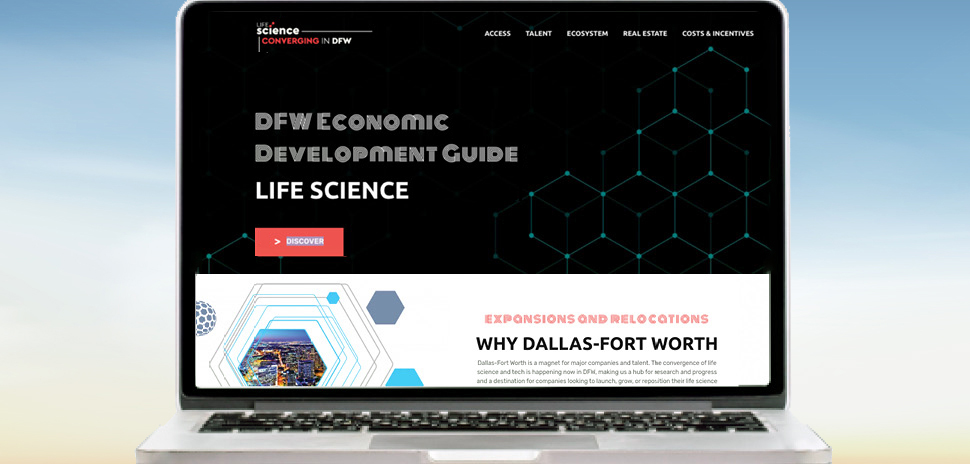
![At the Fourth Annual iC3 Life Science Summit at UT Arlington on Oct. 10, 2017 recipient Lyda Hill will present the award. To register for the summit, visit www.bionorthtx.org. [Illustration: bestbrk/istockphoto]](https://s24806.pcdn.co/wp-content/uploads/2018/09/Bionorthconcept_970_bestbrk_istockphotovector-molecule-background-genetic-and-chemical-compounds-abstract-vector-id908258902-264x350.jpg)
